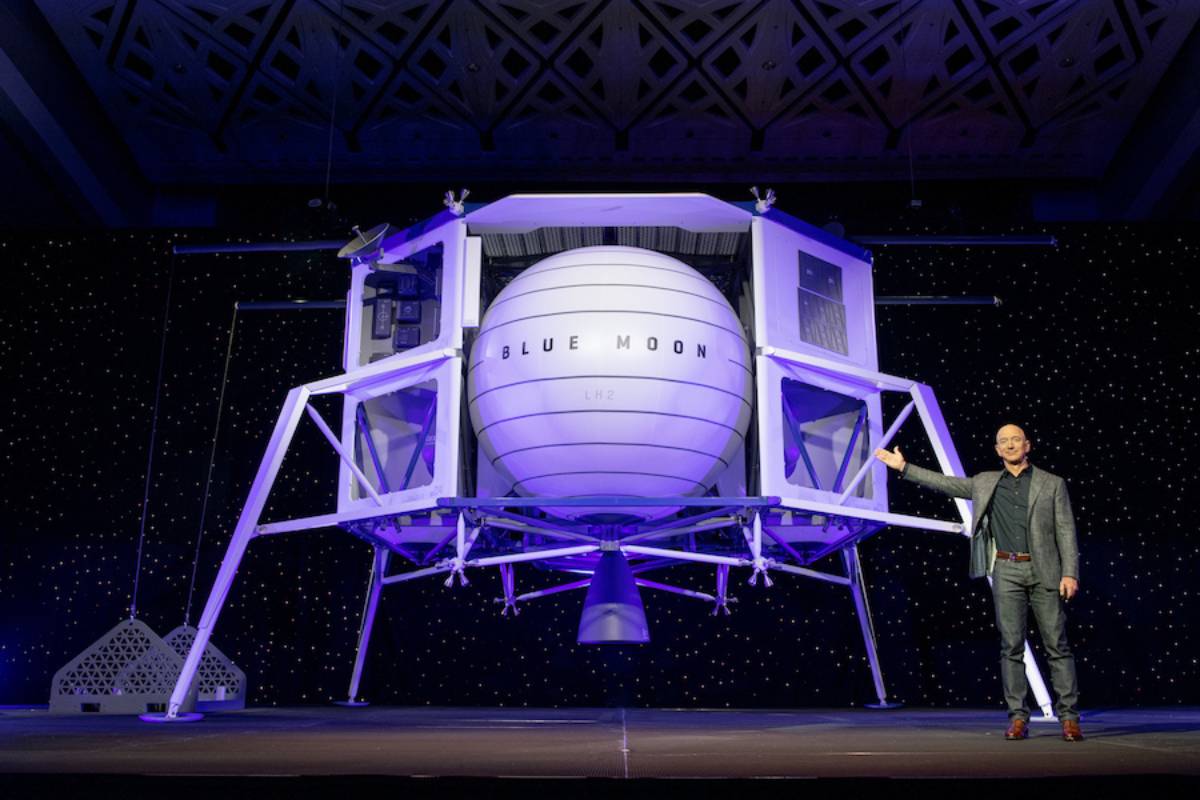If you haven’t heard about the latest billionaire feud, Jeff Bezos has recently sent an open letter to NASA, claiming that the agency made a “mistake” by rejecting Blue Origin’s proposals and instead awarding a lunar lander contract to Elon Musk’s SpaceX. However, Bezos’ attempt to obtain one of NASA’s most important contracts has failed on Friday, July 30th.
This dispute started in April when NASA awarded SpaceX, the company owned by his rival Elon Musk, a $2.9 billion contract to develop a spacecraft that would get people back on the Moon as part of the agency’s Human Landing System program. Due to a financial shortfall at the time, NASA turned down proposals from other companies, including Bezos’ Blue Origin and defense contractor Dynetics.
Unhappy with the outcome, Blue Origin filed a protest with the U.S. Government Accountability Office shortly after, claiming that the space agency had not properly reviewed the proposals.
Advertisement
In a latest attempt to convince NASA to pick Blue Origin as a contractor, on July 26th, Bezos wrote an open letter to NASA Administrator Bill Nelson in which he offered to cover $2 billion of the agency’s payments in exchange for a lander contract that will allow his company to build a spaceship that will land astronauts on the Moon.
Now, a few days later, the U.S. Government Accountability Office had officially dismissed Bezos’ appeal over NASA’s decision, concluding that the space agency “did not violate procurement law or regulation when it decided to make only one award.”
Moreover, the congressional watchdog stated that the number of awards the agency would make was subject to the amount of funding available at the time for the program. Also, NASA’s announcement “reserved the right to make multiple awards, a single award, or no award at all.” Therefore it “did not violate procurement law or regulation when it decided to make only one award.”
In response to the U.S. Government Accountability Office’s decision, NASA has stated that the ruling enables the program to move forward and, more importantly, it “will allow NASA and SpaceX to establish a timeline for the first crewed landing on the Moon in more than 50 years.”











